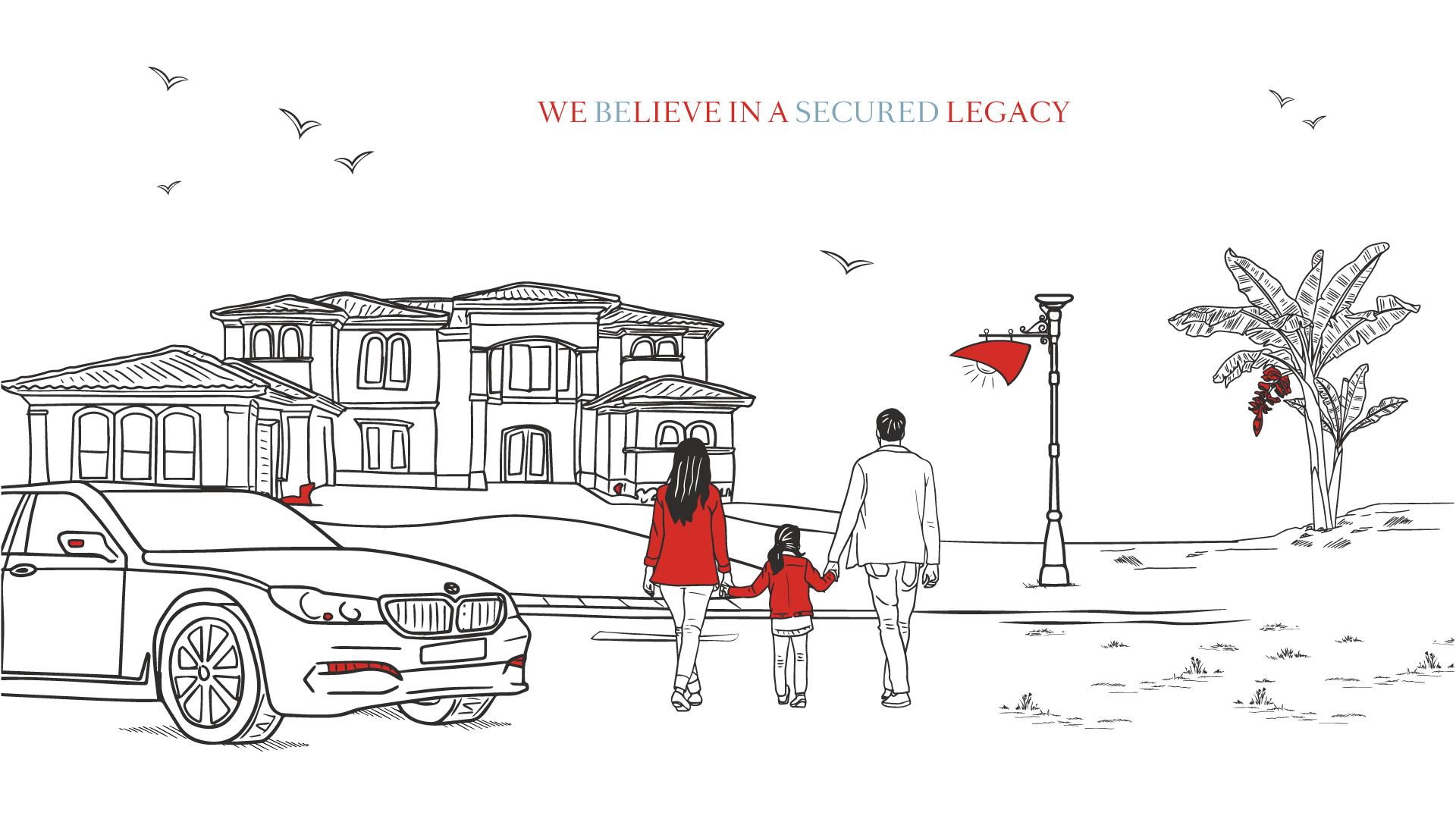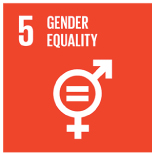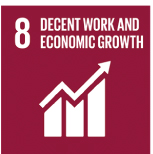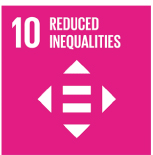Sustainability-MESSAGE FROM THE CHIEF EXECUTIVE OFFICER
Dear Valued Partners,
At AfrAsia, we believe in the Sustainable Development Goals (SDGs). Our Sustainability Strategy, instituted in 2017, has laid a strong foundation of our agenda for the coming years, enabling our desire to be impactful in that space.
The Bank pioneered in 2018 the AfrAsia Bank Sustainability Summit (ABSS) in line with SDG 17 - Partnership for Goals. ABSS is a platform to map the opportunities, challenges and practical steps to shape a sustainable future. Partnerships with global organisations to address environmental, social and economic issues is in the forefront. We expect to be a forerunner in leading change on the sustainability front locally. Another milestone in our journey has been the establishment of the Global Compact Network (Mauritius) Foundation as founder member and Chairperson.
These actions reflect our engagement to promote multi-sectoral dialogues on responsible and sustainable practices across industries. Our aim is to regroup all sustainability professionals in Mauritius to take a unified pledge to work towards a sustainable future.
At the bank, we have established a Sustainability Committee comprising of a designated Sustainability Champions in every department. Their responsibility is to drive a sustainability mindset within his/her department by prompting participation in initiatives. We continually educate our people through awareness programs. We have launched our first sustainability report last year as our first Green Financial Product as part of a transformational journey.
We partnered with the Agence Française du développement and the European union on the SUNREF III program. Joining this program marks the beginning of the integration of Environment, Social, Governance (ESG) at the heart of our operations. We are broadening our sustainable product portfolio and through the help of experts, transforming our bank into a more responsible corporate citizen.
As we look forward, we are also reflecting on the crisis faced by the World and Mauritius since the beginning of the year. With the COVID-19 pandemic, not only have businesses and economies suffered but we have had to adapt to a “new” way of doing business. To bounce back from challenging situations, we are strengthening our operational resilience and business continuity plans. We continue to promote flexible and remote working arrangements as well as digital banking for the safety of our staff and clients. On the other hand, the MV Wakashio oil spill at Pointe D’Esny in July 2020, has highlighted the fragility of our ecosystem but also an unprecedented surge of solidary amongst the Islanders. An urgent cry for action has been the backbone behind the efforts of our AfrAsia Foundation to rally the Bank’s staff and customers around the effort to assist in addressing the environmental damage.
With the 2030 Agenda for Sustainable Development and the SDGs in mind, we plan to rethink and realign our Sustainability strategy to accommodate our new normal. Our motto “Bank Different” remains our mantra for the coming years and we aim to transform our institution into a responsible Bank with sustainability as a key pillar of our success. We will continue to provide our support to the United Nations’ Global Compact’s 10 principles and report on our progress annually.
I wish to thank all our partners in supporting AfrAsia and look forward to continue working with all of you.
Read more: Sustainability-MESSAGE FROM THE CHIEF EXECUTIVE OFFICER
- Hits: 16848






